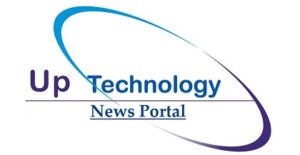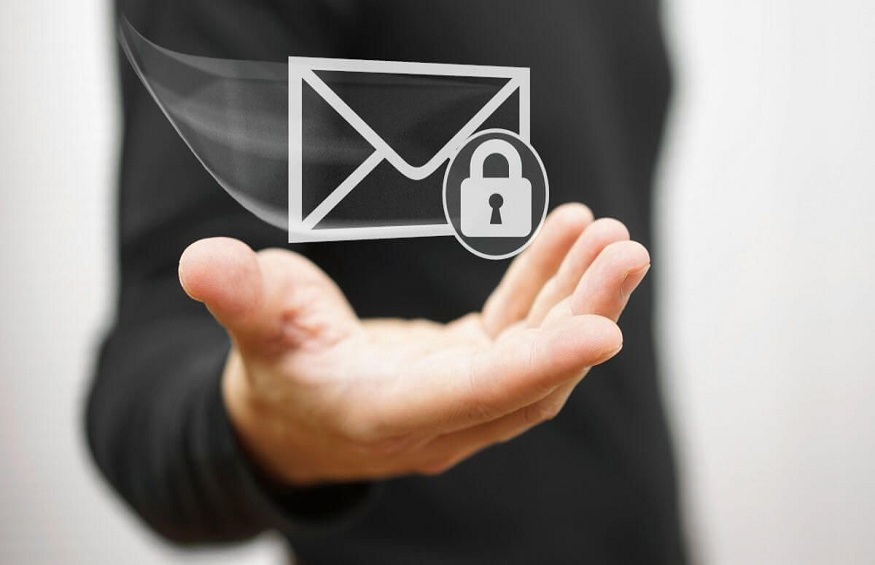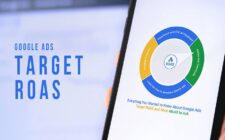Have you noticed that more people are missing appointments? Do your employees forget meetings? If so, you should consider implementing the humble appointment reminder, because the forgetfulness isn’t going away anytime soon. For some people, pre-2020 memory functions may never return—and not just because of a virus.
According to researchers, habits developed over the last two years have changed how our memory functions. The lack of social interaction, the uniformity of days, and the decrease in regular exercise all make it difficult for some to recall their meeting times or scheduled appointments. We often lack the context needed to remember.
We have also lost the ability to plan. We have become out of practice with scheduling since this wasn’t a priority for over two years. After all, why would we plan when we can’t go anywhere or do anything? Forget to order groceries? There’s always DoorDash.
Appointment reminders can provide the context needed to ensure meetings are productive and schedules are maintained. With more people relying on reminders (even if they don’t realize it), it’s time for a refresher on reminder etiquette.
Do Send An Appointment Reminder
Before 2020, there may have been some validity to the idea that reminders just added to inbox clutter or increased data charges. Today, those text messages are an essential part of customer service. How many times have you heard, “I never got a reminder,” as an excuse for missing a gathering?
Do Personalize
Sending coworkers reminders of an upcoming meeting or seminar may not require personalization, but reminders sent to customers or clients should include their names. With more focus on cybersecurity and mobile scams, a generic reminder may be ignored.
Do Include Instructions
Shifting public health recommendations make it difficult for clients, coworkers, or vendors to know what is required of them to enter a building. Be sure to define whatever health mitigation protocols must be observed. Letting people know ahead of time eliminates awkward moments when they arrive unprepared.
If clients or patients need to bring information to the appointment, mention the specific items to bring. It doesn’t matter how many times clients have used a service, they still need reminding.
Do State the Date, Time, and Location
Include the day of the week as well as the date and time. As people struggle to get back to a pre-2020 mindstate, knowing the day of the week and the date provides more context to trigger our memories. Indicating where the event, meeting, or appointment will be held ensures that everyone arrives at the same place.
Rather than include directions to the meeting site, provide a link to Google maps. GPS does not always use the most direct routes to a location.
Do Identify the Appointment’s Purpose
Whether a doctor’s appointment or a service call, a brief description of the appointment’s purpose gives the recipient added context. For example, many patients schedule their annual appointments a year in advance. They may need to remember if an appointment is for blood work or an office visit.
Do Allow an Opt Out
Regulations regarding automated text messages or emails vary. To be on the safe side, allow the client or user to opt out of future contact using the appropriate channel.
Do Condense Content
Whether text, phone, or email, the reminder content should be limited. If more detailed information is needed, such as to provide health protocols, refer people to a website that outlines the requirements. A lengthy reminder is less likely to be read. (We have memory issues, remember?)
Don’t Use Emojis
Emojis are for friends and family. They are not for professional use. Some recipients may not understand the little icon at the end of a message. For example, what does a smiley face mean at the end of a sentence, like: “It’s best to arrive 5 to 10 minutes before your appointment”? Are you implying that the recipient is usually late, or is it just a habit?
Don’t Use Capital Letters
Typing words in all capital letters is the equivalent of shouting. Yes, capital letters can provide emphasis, but there are other ways to highlight an idea. Bolding a phrase or underlining it will draw the reader’s attention without feeling yelled at.
Reminders should not include multiple exclamation points (!) or question marks (?). Too many symbols distract from the message, which can be a problem when we’re struggling to remember.
Don’t Forget
Etiquette is based on consideration, respect, and honesty. In 2023, it means understanding the impact the last two years have had on most people’s ability to remember. People who never needed reminders may find themselves relying on text messages to keep track of their appointments. They may also be frustrated that they forget things.
Presenting your customers with a professional-sounding reminder can minimize frustration and reduce missed appointments. It can provide the level of respect that customer service etiquette demands. Appointment reminders are tools that can make navigating the current landscape less stressful for everyone. For those having difficulty remembering to send reminders, Apptoto has a solution that can remember for you.




